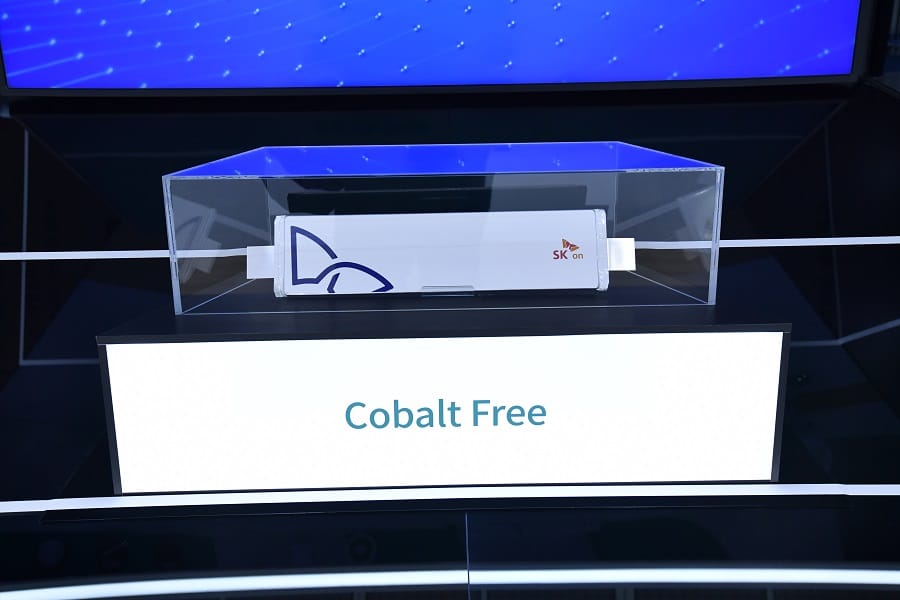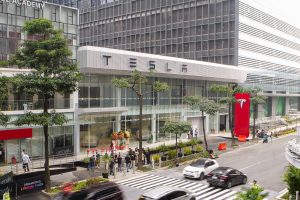- 🚘 Tesla faces a growing number of investors who no longer believe in Elon Musk’s leadership and see him as a liability to the company.
- 😟 Many Tesla shareholders are frustrated with Musk’s controversial posts on social media, his involvement in multiple companies, and the declining stock price.
- 💰 Some shareholders believe Tesla would be better off without Musk as CEO and with a more focused leader who can drive profitability.
- 📈 However, Tesla’s stock is still up over 800% since Musk’s 2018 compensation plan was approved, despite recent declines.
- 🤖 Voting against ratifying Musk’s compensation plan could make Tesla a more predictable automaker, while supporting it could mean continued risky innovations like AI and humanoid robots.
- ⏳ History will determine whether removing or keeping Musk as CEO was the better choice for Tesla’s future.
Once hailed as a visionary and a driving force behind Tesla’s success, Elon Musk now finds himself in the eye of a storm, with a growing number of investors questioning his leadership and calling for a change at the helm.
The Rise and Fall of the Cult of Elon
In the early days of Tesla, Musk’s charismatic and unconventional approach to leadership was embraced by shareholders and fans alike. His bold promises and ambitious goals for the electric vehicle (EV) maker resonated with a public hungry for innovation and disruption in the automotive industry.
However, as Musk’s attention became divided across multiple ventures, including SpaceX, Neuralink, The Boring Company, and his acquisition of Twitter (now known as X), concerns began to grow about his ability to effectively lead Tesla.
Controversial Posts and Dwindling Share Price
Musk’s controversial posts on social media platforms like X (formerly Twitter) have further fueled the backlash against his leadership. Many Tesla shareholders have expressed frustration with his polarizing and often inflammatory comments on topics ranging from politics to societal issues, which they believe alienate a significant portion of the company’s customer base.
Compounding the issue is Tesla’s declining stock price, which has yet to recover from its peak when the company was valued at over a trillion dollars. With the stock down 40% year-to-date, investors are growing increasingly impatient and questioning Musk’s ability to steer the company back to profitability.
The Case for a New Leadership
A vocal contingent of Tesla shareholders, including prominent retail investor Leo KoGuan, who claims to hold over 27 million TSLA shares, has emerged, advocating for Musk’s removal as CEO. These investors believe that Tesla would be better served by a more level-headed and focused leader, someone akin to Apple’s Tim Cook, who could prioritize profitability and operational efficiency over risky innovations and controversial public statements.
Proponents of this view argue that a new CEO could help Tesla become a more predictable and competent automaker, a path that, while less exciting, could ensure the company’s long-term survival and growth.
The Argument for Musk’s Continued Leadership
On the other hand, supporters of Musk’s leadership point to Tesla’s remarkable success under his guidance. Despite the recent stock price decline, TSLA shares are still up over 800% since Musk’s controversial 2018 compensation plan was approved, a testament to the company’s overall growth and innovation during his tenure.
Moreover, Musk’s proponents argue that his bold vision and willingness to take risks have been crucial to Tesla’s success. By embracing cutting-edge technologies like artificial intelligence (AI) and humanoid robots, Musk has positioned Tesla as a leader in the rapidly evolving field of autonomous vehicles and robotics.
The Shareholder Vote: A Pivotal Moment
As Tesla prepares for its annual shareholder meeting in June, the company faces a critical decision: whether to ratify Musk’s 2018 compensation plan or seek a new direction with a different CEO at the helm.
The outcome of this vote will not only shape Tesla’s future but also have broader implications for the automotive industry and the role of visionary leaders in shaping disruptive technologies.
If Musk’s compensation plan is ratified, it could signal a renewed commitment to his unconventional leadership style and a willingness to embrace the risks and rewards that come with his ambitious vision. Conversely, a rejection of the plan could pave the way for a more conventional leadership approach, prioritizing profitability and operational efficiency over bold, transformative initiatives.





